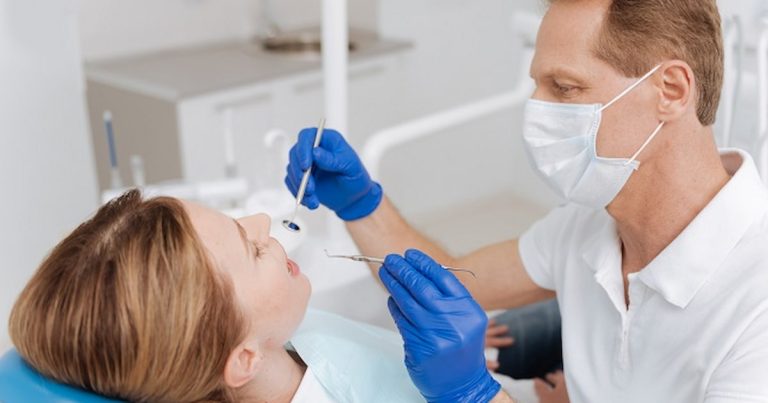Aesthetic nurses perform or assist with procedures that are not covered by the scope of practice of cosmetologists and aestheticians. To assess and manage treatment, they need a broad and thorough understanding of healthcare. Botox injections, chemical peels, skin resurfacing, micro-needling, and laser treatments are all options.
Because administering injectable treatments is so popular, cosmetic courses for nurses are in demand. This kind of injection is both an art and a science. However, the phrase is very limited; these professionals are capable of a wide range of tasks. Lasers are used by some. They may be able to remove tattoos or hair. They might help with plastic surgery by performing perioperative tasks like pre-op, post-op, circulator, and scrub.
Training and Education
Aesthetic nurses begin their careers as generalists. They will eventually require more training beyond what is provided in the basic nursing curriculum. They can continue their schooling to improve their skills. Conferences, for example, are one form of continuing education. It can also be beneficial to do some networking. Nurses who want to pursue a career in cosmetology can start by taking courses like Botox injection. Sclerotherapy and microdemabrasion are two popular aesthetic treatments.

Certification for Professionals
The Plastic Surgical Nursing Certification Board can certify an experienced aesthetic nurse as a Certified Aesthetic Nurse Specialist or CANS. The CANS certification is at the RN level. The candidate must have at least two years of experience and 1,000 hours in the previous two years. He or she must work with a doctor who is board-certified in plastic/aesthetic surgery, facial plastic surgery, dermatology, or ophthalmology. CANS certification can be re-examined or renewed through continuing education. The Certified Plastic Surgical Nurse is another credential offered by the Plastic Surgical Nursing Certification Board (CPSN). Aesthetic nursing is a subset of dermatology nursing. Dermatology nurses and dermatology nurse practitioners are two different types of aesthetic nurses. In this situation, the Dermatology Certification Board or the Dermatology Nurse Practitioner Certification Board will be the certifying body.
Work Settings
Private medical practices, ophthalmology offices, laser clinics, and ‘med spas’ are all places where aesthetic nurses can work. Ophthalmologists provide more aesthetic services than one might think, as their expertise extends beyond the eye itself to include the environment around it. Med spas can be a terrific location to work, but RNs should make sure it’s a reputable medical facility that won’t expect them to work without proper supervision. Cosmetology nurses who do not have advanced practice credentials are not considered independent practitioners.
Some aesthetic nurses run their own businesses, which can be a highly rewarding job. They must ensure that they are acting within their legal authority. A nurse must employ a state-specific strategy.























